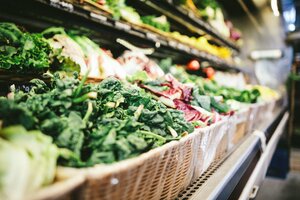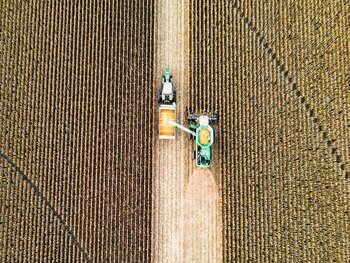Connecting the dots between innovation, technology… and European policies


Connecting the dots between innovation, technology … and European policies
Agriculture is one the oldest common policies we have in Europe, which helped us move away from the post-war food security crisis and provided us with the unique balance of food quantity, food quality and food diversity we enjoy as Europeans. That is of course thanks to the hard work of our farmers. But innovation, technology and agricultural mechanization also played a key role.
Just recently, our Common Agriculture Policy (CAP) system went through a very significant stress-test. The agri-food value chain demonstrated its resilience, keeping a steady supply of safe and nutritious food during the Covid-19 pandemic. And here too, innovation and agricultural machinery played their part.
 Just like technology, societal expectations are constantly evolving. There is consensus towards more sustainable farming, with the double challenge to produce enough food whilst further protecting nature and safeguarding our biodiversity. With the European Green Deal, the European Commission launched the Farm to Fork strategy and the Biodiversity Strategy some 9 months ago, with very ambitious aspirational targets for the next 10 years for pesticides, fertilizers, organic farming… and many more. Targets that are so ambitious that we have not really assessed the impact they may have on our systems.
Just like technology, societal expectations are constantly evolving. There is consensus towards more sustainable farming, with the double challenge to produce enough food whilst further protecting nature and safeguarding our biodiversity. With the European Green Deal, the European Commission launched the Farm to Fork strategy and the Biodiversity Strategy some 9 months ago, with very ambitious aspirational targets for the next 10 years for pesticides, fertilizers, organic farming… and many more. Targets that are so ambitious that we have not really assessed the impact they may have on our systems.
It is therefore no surprise that the reform of the CAP, engaged in 2018, is taking time. And here, we must pay particular attention to ensure that our farmers, our cooperatives, our contractors stay competitive and have the capacity to invest in advanced agricultural machinery and solutions to enable precision farming and harvest the full potential of digital technologies and the use of data. This is what is currently at stake as we negotiate what will be eligible to the so-called eco schemes, and as EU member states prepare their National Strategic Plans to implement the new CAP as of January 2023.
 Today, more than ever and despite the pandemic, we also need to continue our efforts to unleash the innovation potential for the digital transformation of the European agri-food sector. Successful initiatives such as SmartAgriHubs, through Flagship Innovation Experiments conducted with the help of Digital Innovation Hubs and Competence Centers, help us connect the dots between innovation and policies to better put into practice technology solutions. The SmartAgriHubs Innovation Portal is a living example of how active this network can be.
Today, more than ever and despite the pandemic, we also need to continue our efforts to unleash the innovation potential for the digital transformation of the European agri-food sector. Successful initiatives such as SmartAgriHubs, through Flagship Innovation Experiments conducted with the help of Digital Innovation Hubs and Competence Centers, help us connect the dots between innovation and policies to better put into practice technology solutions. The SmartAgriHubs Innovation Portal is a living example of how active this network can be.
These are very exciting times! We have no shortage of challenges. But we already know for sure that innovation through advanced agricultural machinery and solutions will be the cornerstone of the sustainable farming of our future.
 Jérôme Bandry, CEMA Secretary General
Jérôme Bandry, CEMA Secretary General
